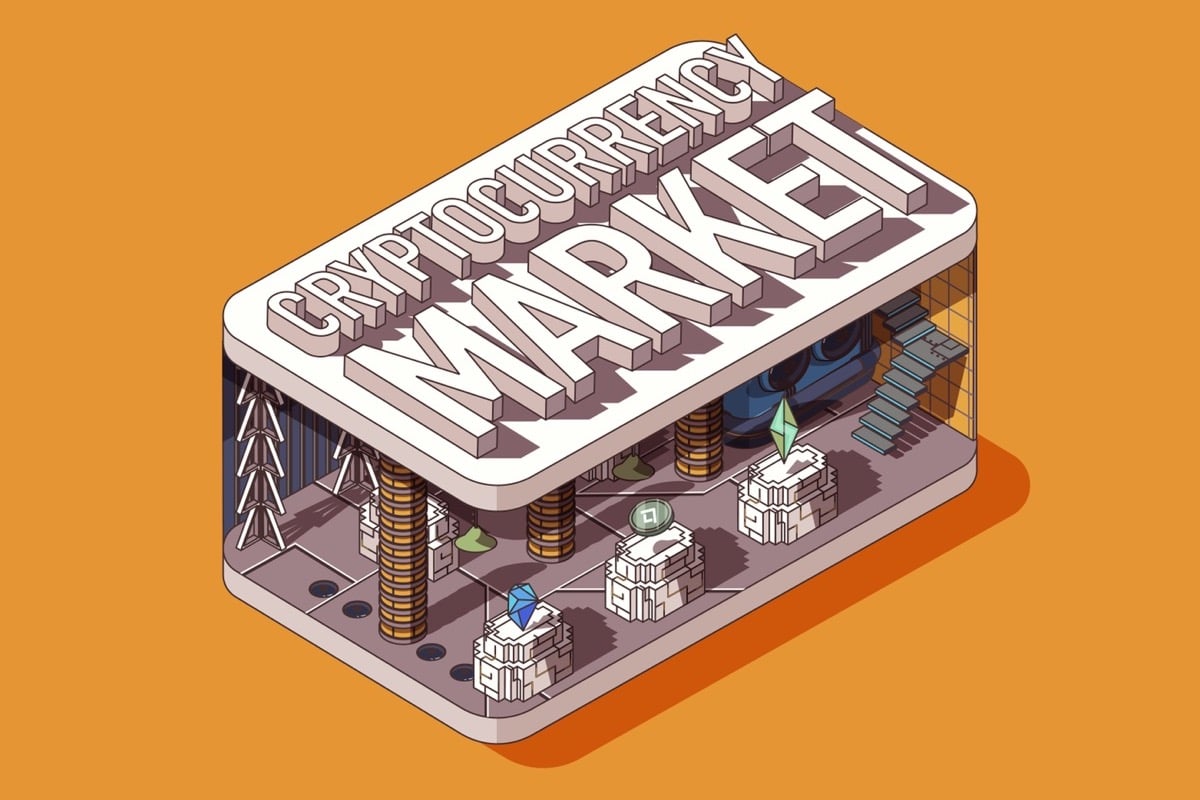One small step for Ripple, one giant leap for the crypto industry – here is how Ripple’s partial win in SEC lawsuit will impact the company and its competitors

On Tuesday, July 13, Ripple Labs, the issuer of the XRP crypto token, gained a partial victory in its legal battle against the U.S. Securities and Exchange Commission (SEC).
Background story
Ripple Labs Inc. is a fintech company that develops and distributes a range of products including:
- an open-source payments protocol RippleNet,
- consensus-based open-source decentralized public blockchain XRP Ledger (XRPL),
- software suite RippleX for developers utilizing the XRP Ledger,
- XRP – the native digital asset on the XRP Ledger blockchain,
- CBDC platform for central banks, other financial institutions, and governments.
The case which has drawn acute public and industry attention has been running since December 2020. At that time, the SEC filed a lawsuit claiming that XRP was an “investment contract” type of security, thus, its sales without registering with the agency were allegedly illegal.
Most reputable crypto exchanges have delisted XRP from their platforms fearing legal prosecution for selling unregistered securities.
The parties have engaged in settlement talks, while the industry players have been waiting for the final ruling as it could set a precedent for future crypto-related legal disputes.
The signs of a final decision approaching were unexpectedly spotted in June 2023.
Last month, the US Securities and Exchange Commission (SEC) almost simultaneously filed lawsuits against two major crypto firms. First, the regulator sued Binance alleging it manipulated the trading patterns, consciously violated existing laws and conducted unregistered trading activities. On the next day, Coinbase faced similar allegations of offering unregistered securities, while SEC also attempted to freeze Binance assets.
For vigilant crypto lawyers, this was a sign that Judge Torres’ decision in the Ripple case will be published “in the very near future.” For instance, a lawyer John Deaton suggested that SEC rushed with the lawsuits fearing “to lose some political and legal momentum” in case the Ripple case turns out negative for the regulator.
Actually, the agency wasn’t completely wrong with its concerns. Although US district judge Analisa Torres ruled that the institutional sale of XRP did violate federal securities law, the final decision also concluded that XRP is not a security when sold on digital asset exchanges to the general public.
How the court ruling affected Ripple and XRP
Immediately after the court’s decision has become public, changes appeared in the crypto charts. The favourable news sent XRP’s price soaring 75% late on Thursday. Although the hype has worn out during the next few days, the cryptocurrency price keeps a stable rate of around $0.74 as of today. That signifies almost 60% growth in the last seven days.
XRP market cap has also surged, so the cryptocurrency regained its top position in the market charts. Today, XRP is the fourth largest crypto token globally. Shortly after the ruling was announced, XRP’s market cap saw a staggering increase of $21.2 billion, reaching a new yearly high of $46.1 billion. As of July 17, it stands at $38.5B.
Market sentiment went high causing real trading craze among investors. Uphold, which is one of the few larger U.S. exchanges that have continued to offer XRP sales despite the lawsuit, was even forced to temporarily halt its services as the 50-fold increase in trading volume exceeded the platform’s capacity.
Moreover, during the last 24 hours, XRP emerged as the most actively traded cryptocurrency on Upbit, the largest exchange in South Korea.
Crypto exchange Coinbase restored XRP trading on its platform, which has also positively influenced its own stock’s market position. In addition, Kraken, iTrustCapital and Gemini have all announced their plans to relist XRP again in the near future.
The re-appearance of XRP on major exchanges will presumably further enhance its liquidity and trading volume. The crypto token now has great potential to get a sustainable increase in its value and market capitalization. Besides, the high-profile firm has gotten a competitive edge over the industry players which have a legally unclear status of their blockchain services and crypto products.

Ripple CEO Brad Garlinghouse expressed his enthusiasm over the ruling, believing that it would give the firm new opportunities to develop its existing business and technology, as well as introduce new use cases.
Indeed, a partial win in its SEC legal confrontation makes Ripple hopeful for an enhanced interest in its ‘not-a-security’ XRP cryptocurrency on the part of major US banks. It is expected that Ripple’s On-Demand Liquidity (ODL) product, which uses XRP for money transfers and is a viable alternative to SWIFT, will witness a broader adoption now that the nature of the cryptocurrency is clarified. The firm plans to start negotiations with US financial institutions regarding ODL already in Q3 2023.
Suggestions are, Ripple might even renew its Initial Public Offering (IPO) plans, although this remains at the level of speculation.
On the flip side, certain institutional sales of the XRP token did qualify as securities transactions. Therefore, approximately $728.9 million in sales to partner institutions might have to be compensated in some way. The company promised to thoroughly scrutinize the decision and take appropriate measures.
Nevertheless, the wider crypto industry is expected to get more benefits than drawbacks from the ruling of the District Court for the Southern District of New York in the SEC vs Ripple case.
Ripple case ruling and its impact on the crypto industry
Ripple’s partial legal victory against the SEC gave crypto enthusiasts in the US a ray of hope for progress in the legal field when it comes to crypto services.
For quite a while, crypto industry players have been pressuring regulators to establish legal clarity regarding the nature of crypto tokens.
Recently, Coinbase expressed disappointment with the SEC’s lack of clarity, as the company had not received any clear details from the regulator about the alleged violations. The crypto exchange has even launched an offshore exchange in Bermudas outside of American jurisdiction. Many more crypto players had to give up on their services or products because of the SEC’s lawsuits.
SEC vs Ripple case is by far the first industry win (at least partial) of a crypto firm defendant. It proves that crypto tokens are not necessarily securities and their intrinsic nature can be legally disputed on a case-to-case basis.
Although the ruling doesn’t have binding power for future cases, it is a solid precedent for those crypto exchanges accused of selling unregistered securities.
At the same time, do not rush to triumph over the court’s decision. The partial win is not exactly the best outcome for the crypto industry. The SEC still has a benefit of the doubt and no 100% legal clarity sides with the regulator. Experts are sceptical that SEC would appeal the decision, as some level of uncertainty only benefits its future enforcement actions, leaving multiple loopholes.
Besides, the court ruling did acknowledge institutional sales violating existing security laws. Therefore, the use of crypto at the institutional level still has an uncertain nature, which prevents full-scale adoption of the underlying financial mechanisms.
To conclude
SEC vs Ripple case highlights the utmost critical importance and need for a clear and comprehensive regulatory framework with regard to the cryptocurrency industry. So far, the firm’s partial win makes crypto enthusiasts hopeful about future prospects. And yet, the legal tension between regulators and digital asset providers is far from being over.









